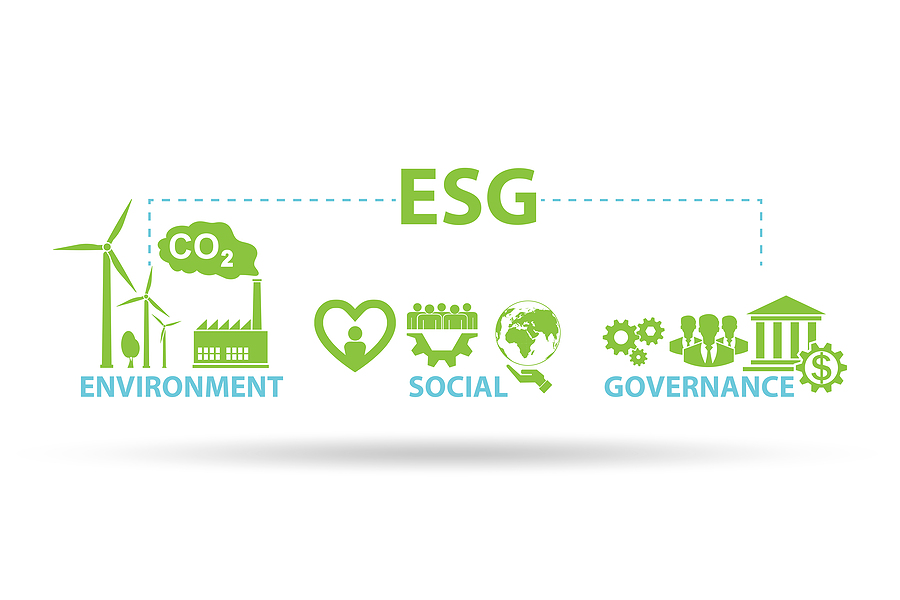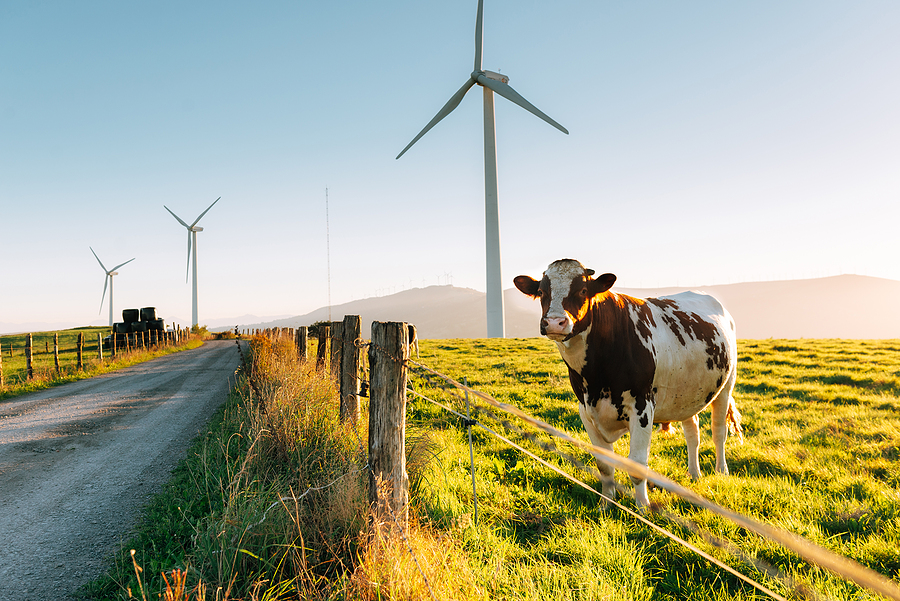
Sustainability to Drive Brand Preference and Sales Growth
October 6th, 2021 Posted by Emergent Brand Activism, brand advocacy, Brand Design, brand messaging, Brand preference, brand strategy, Brand trust, Climatarian, Climate Change, climate culture, consumer behavior, Consumer insight, Emotional relevance, Greenhouse Gas, Higher Purpose, storytelling, Sustainability 0 comments on “Sustainability to Drive Brand Preference and Sales Growth”Moral imperative motivating action
A cultural transformation underway now in food, beverage and lifestyle categories is having an impact on the path to purchase. Are you ready for it? Consumers are moving away from buying decisions founded entirely on evaluations of “what’s good for me” to also embracing “what’s good for the world around me.”
- In a recent study conducted by our insight research partner Brand Experience Group, 66% of US consumers are either passionate or concerned about sustainability commitments by brands and retailers. This insight is translating into marketplace behaviors as consumers look for more sustainable solutions at retail.
A form of moral imperative is rising to the surface in how consumers view their purchasing decisions. Increasingly, consumer buying is founded in symbolism and signaling to the outside world not only their own values, but also the sustainability readiness of the brands they prefer.
Conscientious Consumption has arrived. It is a criterion in the hierarchy of meaning consumers assign to brands. People are now voting their values and beliefs at the cash register. They want to align themselves with brands and retailers who are signaling environmental responsibility and standards of performance. Is your brand sustainability ready? Is this embedded in your go-to-market plan?
How brands address this shift on the path to purchase is creating significant questions about brand messaging strategy, as well as aligned on-pack and shelf communication to inform users of sustainability bona fides.
The coming shopping friction
How does the consumer actualize their moral motivation when shopping across multiple brand choices in food, beverage and lifestyle categories? How can they assess the sustainability readiness of Brand X vs. Brand Y? Consumer sentiment is once again tracking ahead of the current marketplace reality. Brands and retailers that step in to help guide shoppers on environmental standards will reap the benefits of added relevance multiplied by surprise and delight.
- For food retailers much as the “international” aisles became a shopping destination point years ago, can there be a health, wellness and sustainability section that features brands with an environmentally-responsible story to tell?
If brands don’t step up to acknowledge this change and improve communication based on these insights, it becomes near impossible to translate sustainability investments into tangible balance sheet outcomes. For those who do, the rewards may be great!
- The formula for sustainability success is science and metrics-based environmental and climate mitigation analysis of your operations and supply chain, served alongside clear established metrics for change and improvement. This performance is then multiplied exponentially by a strong, creative communications platform to tell that story to the right audience. Awareness of this narrative drives purchase.
Feeding the primacy of emotional outreach
Product feature and benefit selling has been the hallmark of CPG communications for decades. The emergence of these new societal and moral imperative considerations on the path to purchase recommends a more culture-forward brand messaging strategy. “What’s good for the world around us” is, by definition, an emotional construct.
In a recent Marketing Dive interview, Matt Kleinschmit, founder and CEO of insights research company Reach3 said, “Brand loyalty is really something that is, in fast-moving consumer goods, more of an aspiration than a reality. As a result, modern marketers in the CPG world have latched on to this idea of trying to establish emotional connections with consumers. If there’s an emotional connection, that will often trump functional benefits,” he reports. “Brands that can execute that in a smart way are winning.”
Smart in this case is recognizing the importance consumers are already placing on sustainability and environmental performance. From there brands can work through investments, policies and actions to demonstrate in credible ways how that readiness manifests in the products on offer. When higher purpose and mission intersect fully with product outreach strategies a form of engagement magic can occur. Now the motivation to buy takes on deeper meaning and added importance that transcends any existing parity (similarity) on price and formulation.
Is a trust mark needed?
Is it time to begin thinking about the development of a trust mark that employs credible independent third-party analysis to validate sustainability readiness? A mark could serve as a visual piece of retail shelf-friendly evidence that a brand is a better choice based on its verified sustainability bona fides.
Emergent is examining this idea in greater detail and will report back to our readers on potential solutions. The objective: create an anchor for trustworthy choice and credible reassurance that the fox isn’t guarding the hen house on the veracity of sustainability claims.
Stay tuned.
Closing the loop to digital marketing and activating purchase in the moment
Walmart recently announced a major partnership with Meredith, publishers of media brands like Better Homes & Gardens, Eating Well, Parents and Real Simple. The new AI driven integrated marketing platform they jointly create will feature “shoppable” content in the first-ever ‘Bookazine’ to feature embedded ecommerce links. The content will allow consumers to purchase directly from the delivered stories and recommended meal experiences.
- Imagine how this could evolve in stories related to climate readiness, sustainability issues and developments around standards of performance that promise new metrics-based mitigation targets. Consumers could execute a purchase right then and there at the “point of thought and realization.” The high emotional index coupled to commerce-in-the-moment is a truly powerful idea.
Media partnerships connected to shoppable content can open an entirely new window of brand relevance on top of a value proposition built around deeper meaning. This is exciting! The created content becomes actionable, fully closing the loop from awareness to sale authored by the most worthy of buying motivations. Wow.
Matching sustainability readiness to business performance
If you understand the powerful paradigm of sustainability as a concern among your customer base, now is the time to optimize this development on the path to purchase with emotional messaging and digital shoppable content.
Use this link to ask questions and explore this concept further with our Brand Sustainability Solutions team.
Looking for more food for thought? Subscribe to the Emerging Trends Report.
Bob Wheatley is the CEO of Chicago-based Emergent, The Healthy Living Agency. Traditional brand marketing often sidesteps more human qualities that can help consumers form an emotional bond. Yet brands yearn for authentic engagement, trust and a lasting relationship with their customers. Emergent helps brands erase ineffective self-promotion and replace it with clarity, honesty and deeper meaning in their customer relationships and communication. For more information, contact [email protected] and follow on Twitter @BobWheatley.


